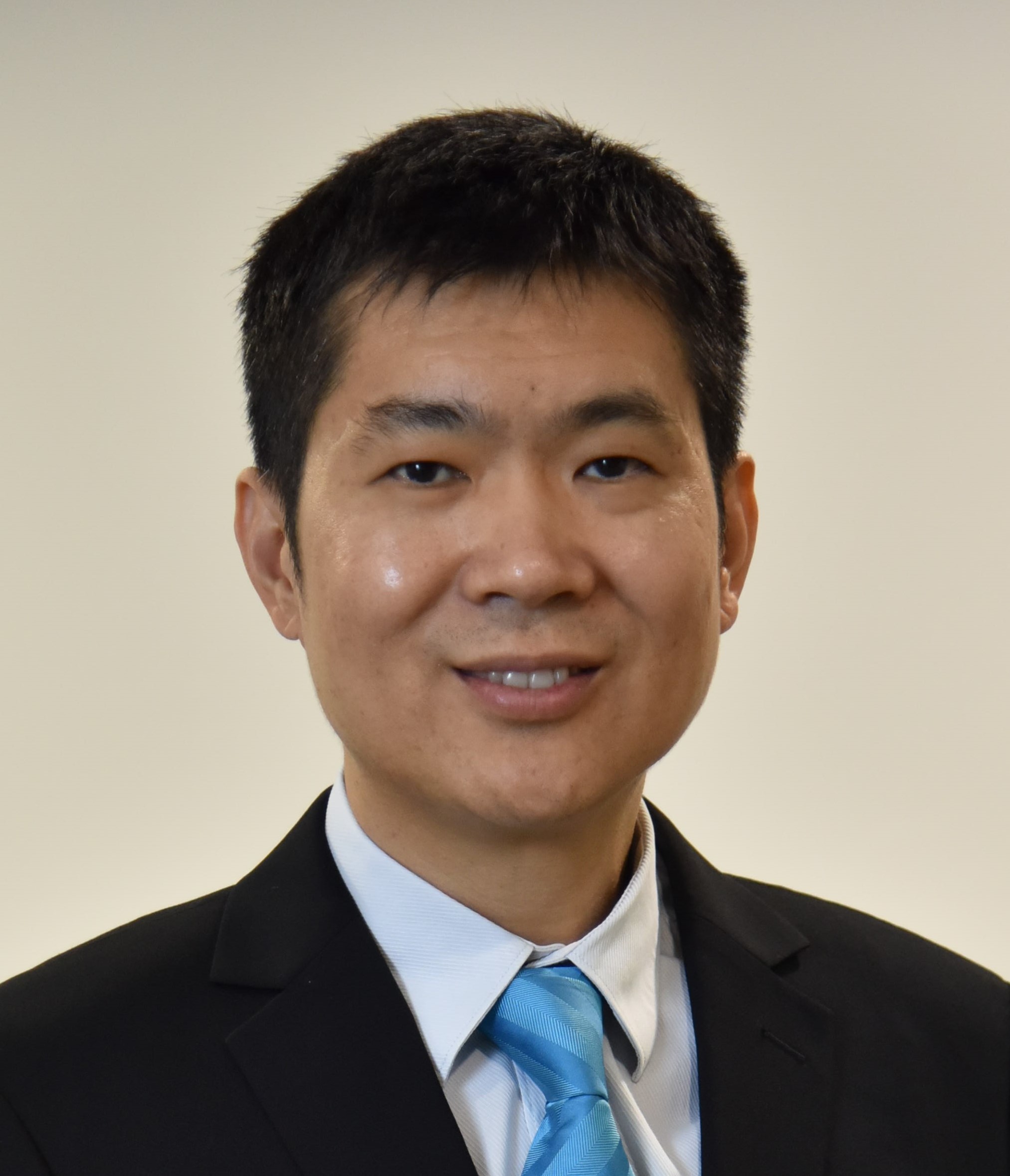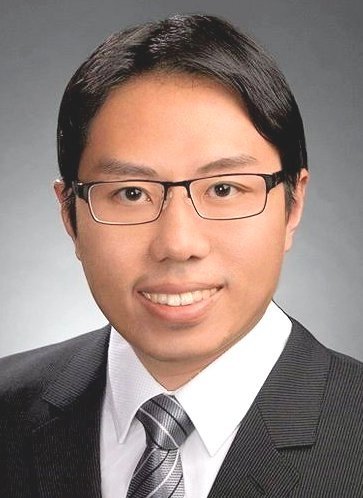Endoscopy is a procedure used to evaluate the digestive tract. It involves inserting a tiny camera into the body to visualise the digestive organs. A camera is mounted at the end of a flexible tube, which is inserted through the mouth into the stomach or through the anus into the colon.
An endoscopy is used to investigate problems such as abdominal pain, diarrhoea, constipation or blood in the stools. It can also screen an individual for colon cancer, esophageal cancer and stomach cancer.
At Nobel Gastroenterology Centre, we perform endoscopy using high-definition cameras that can highlight even subtle abnormalities. This increases our ability to make an accurate diagnosis. We perform the following procedures:
If you are interested in an endoscopy or a cancer screening procedure, contact us for an appointment. Individuals with a family history of cancer or polyps, may benefit from a screening endoscopy.



Dr Wang Yu Tien joins us with nearly 20 years of experience from Singapore General Hospital where he was senior consultant, director of research and a faculty of senior resident training at the department of Gastroenterology and Hepatology. He is experienced in managing the full spectrum of gastrointestinal and liver diseases as well as endoscopy. His subspecialty interest is digestive function disorders (e.g. Gastroesophageal Reflux and Irritable Bowel Syndrome). He was also the former director of the Gastrointestinal Function Laboratory at Singapore General Hospital and past Scientific Chairperson of the Gastroenterology Society of Singapore. He has published in top gastroenterology journals and is the current Gastroenterology specialty editor of Singapore Medical Journal.

Dr Eric Wee is a Gastroenterologist who manages all aspects of digestive, bowel and liver conditions. His subspecialty is in advanced endoscopy. Dr Wee is a member of the Royal College of Physician (UK), member of the American Gastroenterology Association (USA), member of the Faculty of Medical Experts (Academy of Medicine) and a fellow of the Academy of Medicine (Singapore). He has held senior appointments such as the Head of the Division of Gastroenterology at Khoo Teck Puat Hospital, Chairman of the Nutrition workgroup and Associate Program Director of the NHG Gastroenterology Residency Program.

|
15 minute Consultation |
Specialty Case |
|
1st Consult |
$120 |
|
Follow up |
$90 |
A charge of $30 apply for every additional 10 minutes with the doctor.
Delivery of Medication:
Sentosa and Airport – $10
Thank you for choosing Nobel's Tele-Consultation service. At Nobel, we strive to provide you with a seamless and effective healthcare experience. Our Tele-consultation service is different than other providers as we can schedule a tele-consult with your preferred doctor through our Platform.
Please go through the below terms and conditions for our Tele-Consultation process including your rights and responsibilities of this platform. These Terms and conditions, together with our privacy policy constitute an agreement between you and Healthway Medical group.
With this tele-consultation service, you may consult a doctor on non-urgent clinical matters without leaving your home.
Follow up for Gastroesophageal Reflux, abdominal discomfort, constipation, diarrhoea, Irritable Bowel Syndrome, Chronic hepatitis B, C and fatty liver disease
If you are experiencing a medical emergency, please call an ambulance at 995 or make your way to the nearest Accident & Emergency department immediately. If it is not an emergency, but you do not meet the requirement for telemedicine please call our clinics for an appointment.
1. Fill in the online registration form and make an appointment with your preferred doctor.
2. Complete the payment details before submitting the online registration form.
3. You will receive an SMS and Email to confirm your registration.
4. As the tele-consult request needs to be approved by the doctor, you will receive an SMS and Email confirming your request.
5. You will receive a video consultation link by SMS and Email when your appointment is near.
6. Click the link to start your consultation.
7. Once complete, you will receive a link by SMS and Email on the amount payable to the clinic.
8. If you have selected delivery of medication, a delivery fee will apply to your final bill amount.
A standard delivery fee of $15-20 will be charged for medication delivery.
Please do note surcharges apply to the following area:
Your medication will be delivered to your address via a courier.
At the time of registration, we charge an amount of $1 to authenticate your credit card. However, please note that this amount is immediately reversed once your request is submitted successfully.
Payment is made via your submitted credit card details at the time of registration.